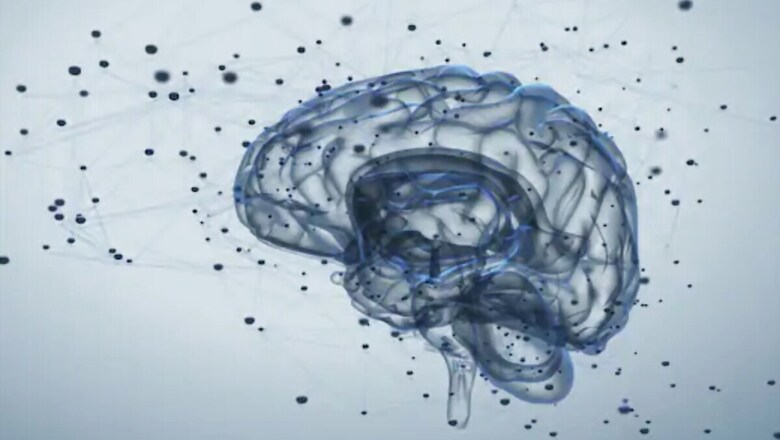
views
In a recently published study, a group of researchers at the Université de Genève, Switzerland state that they have found seven genetic abnormalities that increase a person’s risk of developing a brain aneurysm. The findings of this study are published in the journal Nature genetics.
A brain or cerebral aneurysm refers to a thin area in an artery in the brain that bulges out and starts putting pressure on the brain. Over time, an aneurysm may rupture, leading to haemorrhage or bleeding inside the brain.
Estimates suggest that about 3% of the people in the world are at the risk of developing a brain aneurysm and five in every 100,000 people worldwide experience a ruptured intracranial aneurysm. About 50% of the people with a ruptured aneurysm die of it (almost 15% even before reaching the hospital).
So far, the exact cause of aneurysms is not known. However, experts suggest various factors like high blood pressure, atherosclerosis and trauma to the brain can put you at risk.
The genetic abnormalities found in the new study are all associated with endothelial (inner layer of blood vessels) function and have a cumulative effect on the risk of aneurysms. The study authors say that using their research, they can look for possible markers in the body of a person that would help determine if an aneurysm would rupture or not.
Symptoms of a brain aneurysm
Smaller aneurysms (less than 10 mm) mostly remain asymptomatic. However, larger ones show symptoms like:
- Facial pain, especially above and behind the eye
- Weakness
- Numbness
- Double vision
- Paralysis on one side of the face
A ruptured aneurysm shows the following symptoms:
- Nausea and vomiting
- Severe acute headache
- Stiffness in the neck
- Photosensitivity
- Seizures
- Fainting
- Cardiac arrest
Causes and risk factors
As mentioned above, the exact cause of brain aneurysms is still unknown. Though, researchers say that some people are born with weak blood vessels and hence have a tendency to develop aneurysms. The following are some of the risk factors associated with cerebral aneurysms:
- Smoking
- High blood pressure
- Older age (>40 years)
- Female gender
- A family history of aneurysms
- Alcoholism
- Head trauma
Diagnosis of a brain aneurysm
Asymptomatic brain aneurysms usually go undiagnosed. However, if you show symptoms indicating an aneurysm, your doctor will conduct the following tests to confirm the diagnosis:
- Cerebral angiography
- CT Scan
- MRI
- Cerebrospinal fluid analysis
Brain aneurysm treatment
Asymptomatic brain aneurysms are usually just monitored for an increase in size or possible risk of rupture. You will be asked to stop smoking, avoid stimulant drugs and manage your blood pressure.
Treatment in other cases may include surgical procedures such as:
- Microvascular clipping: This is an open surgery in which the surgeon uses small clips to stop the flow of blood into the aneurysm. This procedure prevents the recurrence of aneurysms.
- Endovascular coiling: This is a minimally invasive procedure in which a small coil is used to stop the blood flow to the aneurysm.
Medicines like anticonvulsants and calcium channel blockers are given to control symptoms associated with aneurysms and therapy is needed at times to restore normal body functions that may be affected due to a ruptured aneurysm.
For more information, read our article on Brain aneurysm.
Health articles on News18 are written by myUpchar.com, India’s first and biggest resource for verified medical information. At myUpchar, researchers and journalists work with doctors to bring you information on all things health.
Read all the Latest News, Breaking News and Coronavirus News here



















Comments
0 comment